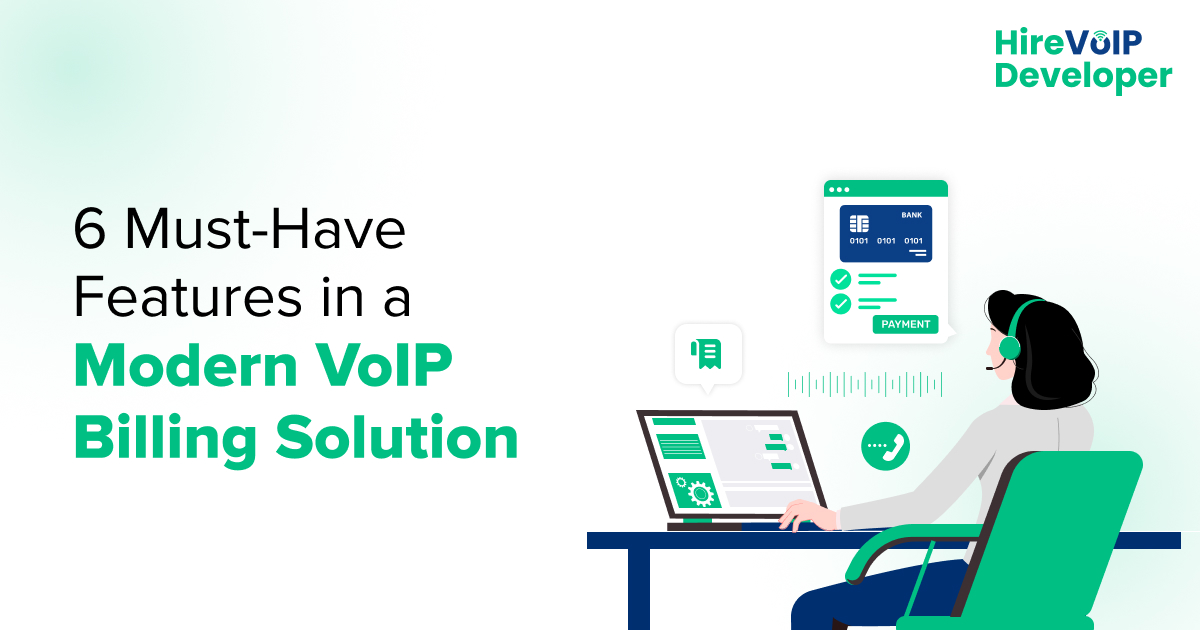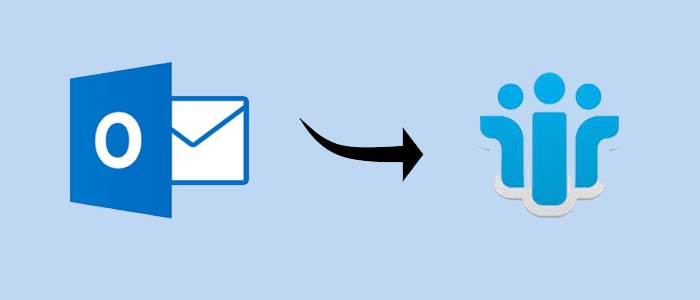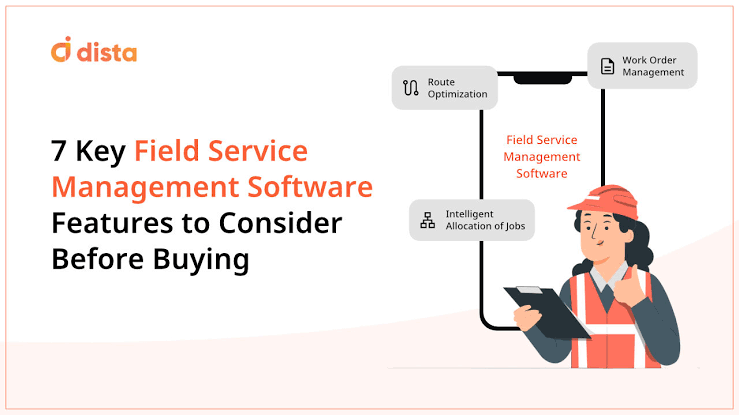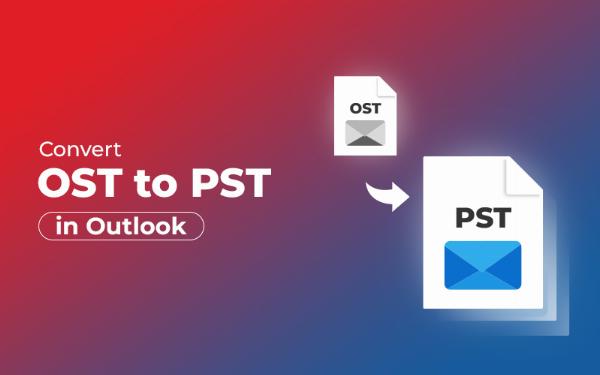6 Must-Have Features in a Modern VoIP Billing Solution

Strong 8k brings an ultra-HD IPTV experience to your living room and your pocket.
VoIP billing involves much more than simply generating invoices. Without a reliable VoIP billing system, you may face risks such as inaccurate charges, delayed payments, and lost revenue. It’s crucial to ensure that your VoIP billing solution includes the necessary features to manage the entire billing process smoothly and efficiently.
So, what are those essential features? Which ones should you prioritize?
In this blog, we will explain the VoIP billing solution, the necessary features you should include, and some additional features to increase the efficiency of VoIP billing management.
What is a VoIP Billing Solution?
A VoIP billing solution is specialized software that manages everything from tracking voice data and call minutes to rating calls, generating invoices, and collecting payments. It's a backbone for VoIP providers, ensuring that every call is accounted for, every payment is processed on time, and every customer is billed accurately.
Such a VoIP billing solution is important if you run a hosted PBX service, sell SIP trunks, or act as a VoIP reseller or service provider. The VoIP billing system aims to prevent revenue loss due to inefficient billing processes and improve customer billing experience.
Suppose you're running a call center and struggling with wasted minutes or inaccurate billing. VoIP billing can solve these issues through tracking real-time usage and precise call ratings.
Is Your Call Center Wasting Minutes? Here’s How VoIP Billing Solution Fixes It. It explains exactly how a modern billing solution can help reduce costs and improve performance.
What Are the 6 Must-Have Features in a VoIP Billing Solution?
To run a successful VoIP business, you need a billing system that’s scalable and built for real-world telecom demands. Here are the 6 must-have features in a VoIP billing solution.
1. Automated Invoicing
This feature automates the process of generating and sending invoices to customers. It eliminates manual data entry, reduces errors, and saves time. Invoices can be generated based on predefined billing cycles (monthly, weekly, etc.) and delivered via email or other digital channels.
A VoIP provider with thousands of customers can automatically generate and send accurate invoices, ensuring timely payments and reducing administrative overhead. Businesses with complex billing structures (e.g., tiered pricing, usage-based charges) can automate invoice generation based on specific customer plans and usage patterns. It also allows for easily automating reminder emails for overdue payments, improving cash flow.
2. Real-Time Call Rating and Charging
Real-Time Call Rating calculates the cost of calls in real-time based on factors like call duration, destination, time of day, and service plan. It allows for immediate charging and accurate billing.
If you offer pay-as-you-go services, you can immediately charge customers for each call, ensuring accurate billing and preventing revenue loss. Businesses offering international calling can dynamically adjust call rates based on destination and time of day, providing competitive pricing.
3. Multi-Currency and Multi-Payment Support
Multi-Payment Support enables the billing system to handle transactions in multiple currencies and accept various payment methods (credit cards, PayPal, bank transfers, etc.).
If you target a global audience, you can cater to customers from different countries by accepting payments in their local currencies. You can offer customers flexible payment options, improving customer satisfaction and increasing payment rates. This is important for companies that have customers in different countries.
4. Advanced Fraud Detection
Advanced fraud detection uses algorithms and rules to detect and prevent fraudulent activities, such as unauthorized calls, traffic pumping, and subscription fraud.
Detecting and blocking fraudulent calls in real time can prevent revenue loss, protect against financial losses and reputational damage, and protect the end user's accounts from fraudulent activity.
5. Detailed Reporting and Analytics
This feature provides in-depth reports and analytics on call usage, billing, and customer behavior. It allows for data-driven decision-making and performance optimization.
You can analyze call traffic patterns to identify peak usage times and optimize network capacity. You can also track customer spending and identify high-value customers. This helps with tracking revenue, profit, and customer retention. Reporting can be used to identify trends and allow you to make predictions of future usage.
6. Easy Scalability and Integration
Easy scalability ensures that the billing system can handle increasing volumes of calls and transactions as the business grows. It also allows for continuous integration with other systems, such as CRM and ERP.
Startups can choose a scalable billing solution that can grow with their business. Large enterprises can integrate the billing system or even opt for a Custom VoIP Solution that fits into their existing infrastructure for better data flow and automation.
What Are the Good-to-Have Features in a VoIP Billing Solution?
Extra features can increase efficiency and customer satisfaction, though they’re not mandatory. Here are the good-to-have features of a VoIP billing solution.
1. Customer Self-Care Portal
A self-care portal gives your customers direct access to their account details like call history, invoices, balances, and payment options without needing to contact support. It helps users, reduces support requests, and builds trust through transparency.
2. White Labeling Options
If you're a reseller or offer services under your own brand, white labeling allows you to customize the billing platform with your logo, domain, and email templates. It keeps your brand front and center, offering a seamless experience for your customers.
3. Automated Customer Notifications
Automated notifications, such as low balance alerts, payment confirmations, and usage reminders, keep customers informed and reduce billing confusion. These alerts enhance the customer experience and help prevent missed payments.
4. Multi-Tenant Management
For providers managing multiple resellers or sub-brands, multi-tenant capabilities are incredibly useful. They allow each tenant to operate independently, managing their pricing, customers and reports. You retain full control from a single backend.
In conclusion, A VoIP billing solution is an important tool for managing your billing process and confidently scaling your business. To recap, a modern VoIP billing system should include six must-have features such as Automated Invoicing, Real-Time Call Rating and Charging, Multi-Currency and Multi-Payment Support, Advanced Fraud Detection, Detailed Reporting and Analytics, Scalability and Integration.
Additionally, incorporating good-to-have features like a customer self-care portal, white labeling, automated notifications, and multi-tenant management can further improve your service and billing experience.
Investing in the best VoIP billing software solution gives you more than just billing automation. It gives you control, clarity, and confidence to grow your VoIP business to its full potential.
Note: IndiBlogHub features both user-submitted and editorial content. We do not verify third-party contributions. Read our Disclaimer and Privacy Policyfor details.







